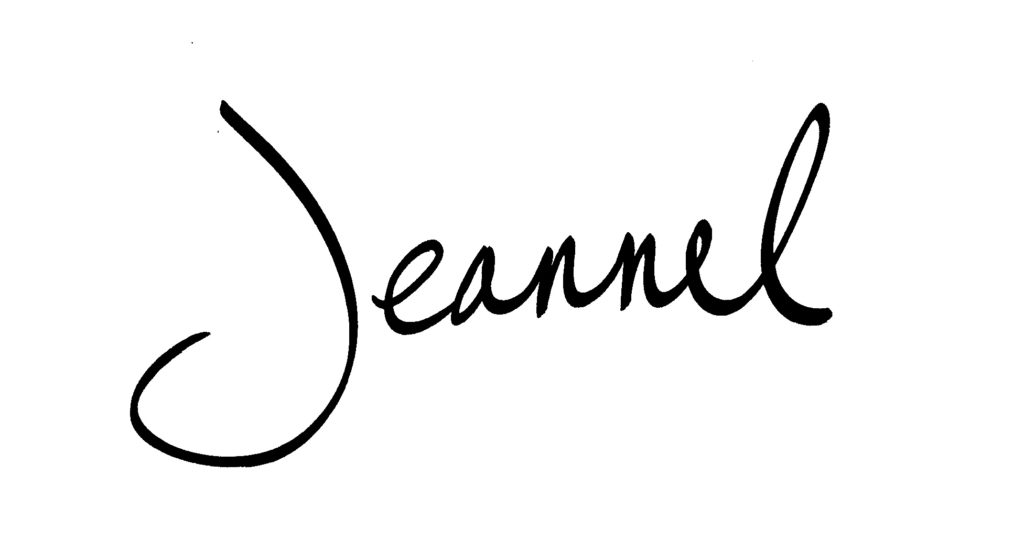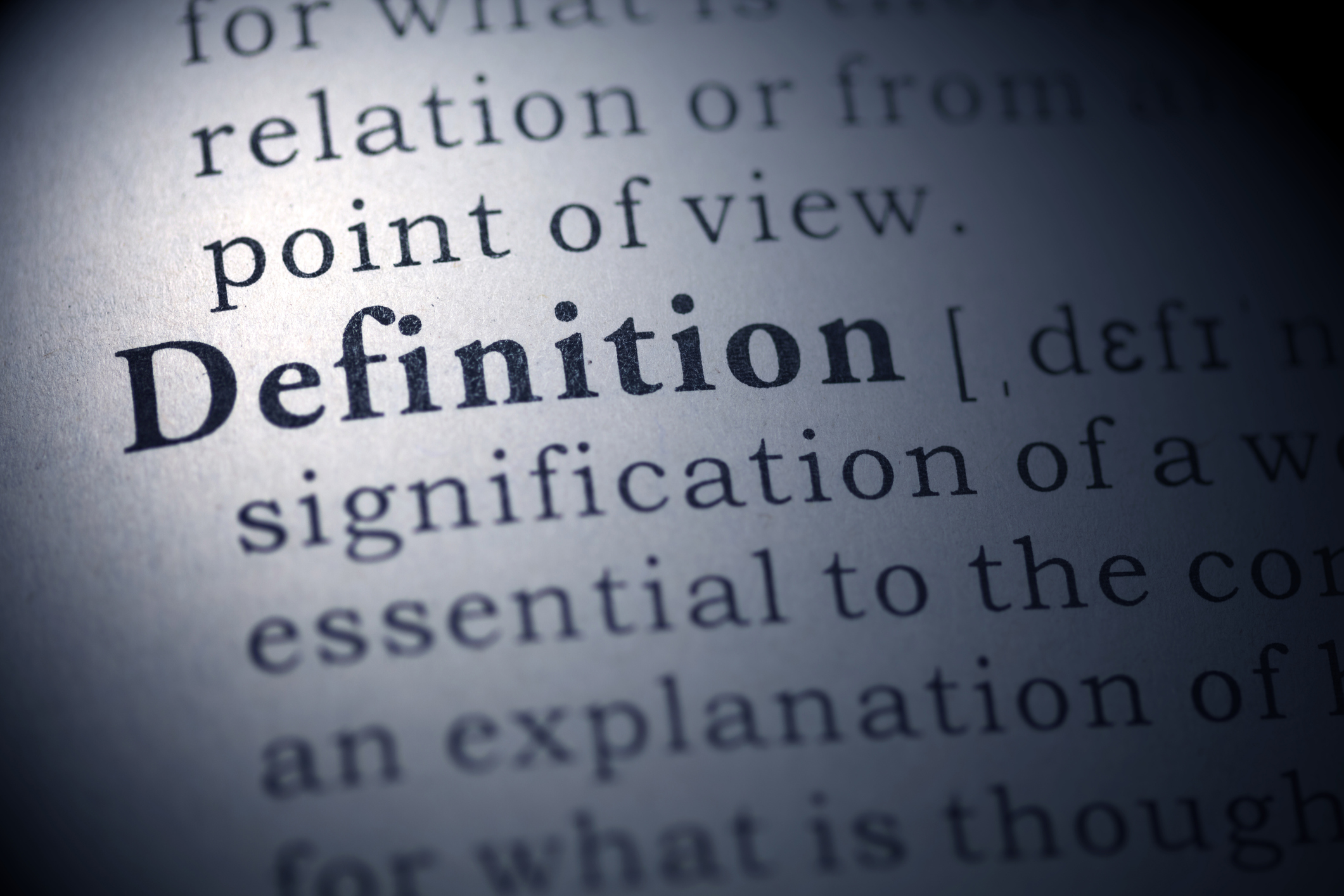Graphic Facilitator (and one of my personal practitioner heros) Brandy Agerbeck shared this great Q&A video outlining her perspective on the difference between graphic recording and graphic facilitation.
While I agreed with much of what she said, Brandy’s video left me wondering: when it comes to graphic recording and graphic facilitation, can we define our terms? More importantly, should we? What follows is the comment I made in a closed graphic facilitation forum discussing the video, which I thought I’d share with you here (with a wee bit of tweaking for sake of clarity):
I absolutely agree with Brandy that whether you’re calling it graphic recording or graphic facilitation, the end goal is to make the group’s work easier. I personally believe that graphic recording is a process that a graphic facilitator may use… and as Brandy notes in her video – not all recorders are facilitators and vice versa.
However, I don’t agree that consensus on the terms we use to describe our practice is unobtainable… or undesirable. Clarification of terms is essential for clients to know what they are buying… and if we fail to clarify our own terms, the market will ultimately clarify them for us. And especially when one of our terms has such a strong and existing association, it falls upon us to clarify our use of the term.
Consider:
- A corporate exec asks their staff to find a facilitator for their upcoming meeting. What are they looking for?
- A corporate exec asks their staff to find a graphic facilitator for their upcoming meeting? What are they looking for?
- A corporate exec asks their staff to find a graphic recorder. Or graphic artist. Or scribe. Or sketchnoter. Or fill in the blank.
It’s confusing. Folks are calling whiteboard animations graphic recordings. Folks are calling magazine cover illustrations graphic recordings. Are they graphic recordings? And if so, what makes them graphic recordings?
Without clarity of terms, we put ourselves at risk of confusing and disappointing our clients. And while we may have differing understandings of our terms, it is our industry’s responsibility to help standardize and define our terms of art… not just for our clients, but for emerging practitioners as well.
Clearly, I could go on. Thank goodness we’ve got a conference coming up! ;^D
I cannot wait to see what you draw forth,



Good, timely topic, Jeannel –
I watched Brandy’s video last night and pondered this issue of language and definitions as well.
I suspect that despite my personal desire for neatness, there will never be unilateral agreement – what’s in our group to force others to conform? who says WE are right? (whoever WE are).
So, I came to the conclusion that, whenever faced with two options, always go for the third!
I’ve been aware that in Australia at least, we tend to call our selves ‘Graphic Facilitators’ if we have both the group work skills and the ability to bring visual practices to that work + ‘Graphic Recorder’ if we work in service of a group by capturing graphically the conversation that is occurring. [My personal issue with the use of Graphic Facilitator as some-one whose capturing of the dialogue is seen as “facilitative” – which I believe it is – is, it leaves Facilitators with graphic skills no where to go.]
Whenever I run my ‘Essentials of Visual Thinking’ courses, I use my take on the lexicon with participants. Then a footnote that with a point for them to be aware of: ie. some folk in North America use the term ‘Graphic Facilitator’ when they mean what I call ‘Graphic Recorder’ and I use the example of Brandy and recommend her fab book noting it is all about capture, not group facilitation skills.
That works for me. I expect we will need to make room for different uses of the terms and it is up to us when we are speaking with our clients / prospective clients to clarify the role they are seeking. I also define what I mean by both terms on my website and as many people find me that way, or see me work at an event, there has never been any hassles.
I am reminded of a situation last week where I was running an ‘Essentials of Facilitation Practice’ and had a participant own 20+ years of ‘Facilitation’ experience. I was impressed to have such talent in the room (it was an entry level skills course). However, I found on enquiry what she meant by ‘Facilitation’ was what I would call a ‘facilitative manager’ ie. enabling her team, running projects. Not an independent, process-focused role. So there you go! Language – gotta love it!
see ya in NY,
happy ones, Michelle
Thanks, Michelle! So true that there’s no easy answer…and ESPECIALLY true that language is tricky not just for us, but for facilitators in general! :^)
With so much energy around this topic online right now, I have my fingers and toes crossed that the IFVP conference will hold space for this sort of conversation to occur. I wonder what meanings and understandings could occur if 125 or so practitioners could discuss what we mean when we talk about our respective practices and the forms they take. So interesting!!
Packing an extra hug for you in my IFVP conference bag,
Jeannel